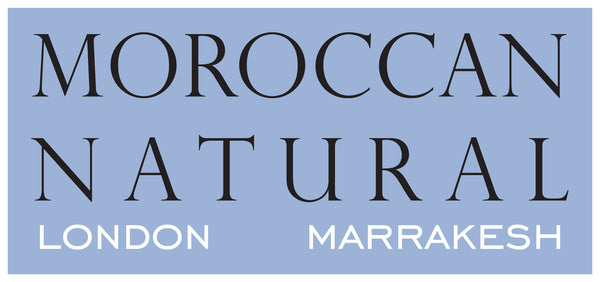Resolutions are traditionally made at the beginning of every New Year. It’s fashionable, popular and is often carried out in groups for moral support in the hope that we’ll commit long-term! As with most of the common themes (to cease smoking/drinking alcohol/caffeine/eating junk foods/dieting in general etc) we look to improve our wellbeing and general health. Unfortunately most of the habits we look to give up will rely heavily on will power and this, tends to have a shelf life.
The prefrontal cortex is the area of the brain that is responsible for regulating behaviour, it’s thought that this element of the brain doesn’t fully mature until around the age of 25. This might explain why our youth is filled with high-risk or excessive behaviours with no apparent concern for the consequences… Although you may feel you are ‘safe’ and will find self-control in all areas far easier after this point, there are a few conditions that can affect this ability. They include; drunkenness, sleep deprivation and general distraction. So, awareness of your alcohol consumption and a lack of sleep might help prevent you from falling ‘off the wagon’ or back into old habits for longer.
There are a number of things we can do to support our level of self-awareness, increasing the success of our New Year’s Resolutions. Indeed, an alternative view of this is to adopt new lifestyle habits in place of the old ‘negative’ habits along with incorporating the following:
- Meditation
- Mindfulness
- Exercise

Meditation has proven to enhance physiological functions, governed by the autonomic nervous system (functions that we cannot otherwise control) such as blood pressure and digestion. Alpha wave activity (brain waves that highlight a relaxed mind) is increased through meditative practice and this in turn has the capacity to reduce anxiety and depression. In order to meditate successfully, you needn’t pack up and move to Tibetan monastery however. Even 10 minutes of meditation each day yields some impressive benefits in a short space of time. As with everything these days, as well as books, YouTube videos and social media groups to support you in your practice, there’s an app for daily meditation tips, timing and advice – visit Headspace https://www.headspace.com/ to find out more.

Mindfulness is simply the art of being ‘present’. Awareness of your environment, thoughts and feelings in the present moment can lead to a more fulfilled & contented life. Its origins lie within Buddhism but you do not have to be spiritual, or have any particular beliefs to practice it. The key to its life-changing results is in applying a non-judgmental attitude to the awareness of your findings. For example, if you focus your attention on your thoughts one morning, remain neutral in this recognition, don’t allow yourself to feel judged or criticised in this moment. Recognising patterns in thoughts, feelings and behaviour can be helpful in the prevention of future decision making and can even alleviate depression and other mental health conditions. In everyday life, self-control, lifestyle practices and impulsive decision making can all be improved through this simplistic approach of mindfulness. To find out more click the link https://www.theguardian.com/lifeandstyle/2017/oct/22/mindfulness-jon-kabat-zinn-depression-trump-grenfell

It is well documented that exercise has endless benefits for the human body and mind. It seems that the increased blood flow that is incurred is of particular benefit to nourishing the prefrontal cortex that we mentioned earlier. The exercise-willpower relationship might seem a little odd. To get more willpower, you can exercise. But to exercise, don’t you need willpower? You’d be right. Starting any new routine or habit is going to take some mental resources. You have to prioritize it, think about it, and actually go do it. Once that routine starts to become a habit, when it starts to become ingrained in your mind, you’ll slowly free up your willpower to tackle other issues. In the long run, exercising will not only makes you healthier, but you’ll have more control to change other things in your life.
Whatever you’d like to change in 2018, we wish you luck and motivation in your pursuit!

